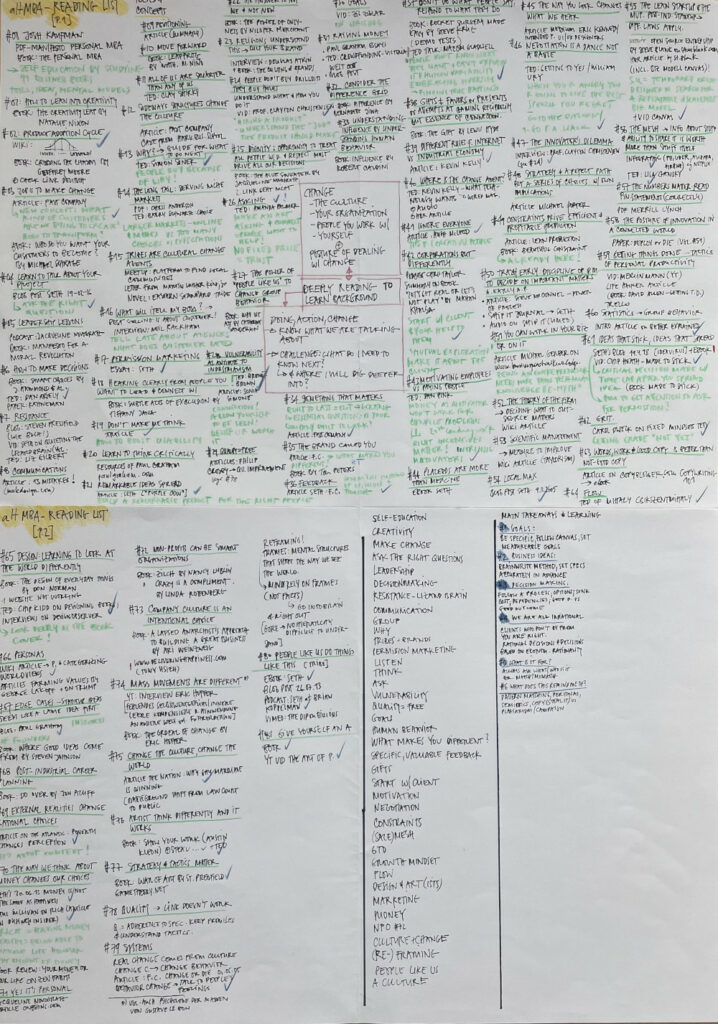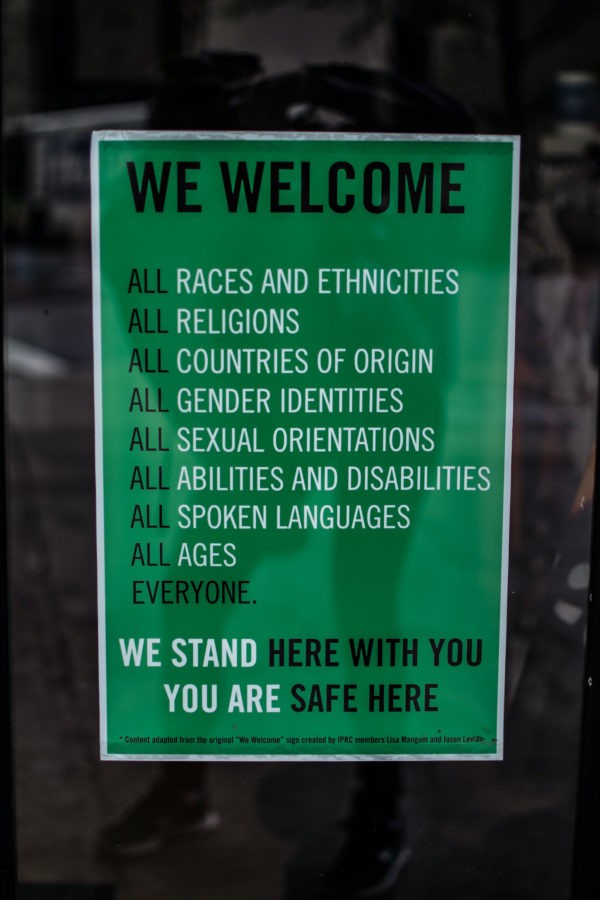If you want to reach a high level in your career it is essential to do the reading. What do I mean by this? I see it as the act of lifelong learning and studying the fields you want to be good at. Let’s dive into it.
The Basics
To succeed in a certain field and to be of real help to the people you are seeking to serve contains more than having specialized knowledge. This is only the starting point. You must do the reading and study the basics (always go back to them as a reminder and reference point) to gain a deep understanding of the specifics in the field. Add your experience and you are on the right track to becoming a (one-track-)specialist. By the way, prefer reading from paper.
The Overlooked Outside-the-Box-Knowledge
What I often miss is the general knowledge about where a specific field is integrated and what the implications and connections are.
Western medicine serves as a good example of this. Students do the basic studies in the first part and start to specialize afterwards. This is the way to go for some fields like e. g. orthopaedic, plastic and trauma surgery. We want our focused specialists there for sure. On the opposite, if you are specialized in dermatology, dental or internal medicine, the implications for the treatment are completely different. There are literally hundreds if not thousands of possible causes of illness in these fields. If you are too focused here, you probably miss the point. You need to comprehend the body as a system of many interrelated systems. Turn a set screw here and see what happens to all the other parts.
Therefore, a general understanding of the higher level is so important. As a preparation for my altMBA training, we got a bunch of books and a reading list with 81 resources on it. Part of the training was to get better at handling overwhelm. You were to choose which resources you want to dive into. Some were completely outside the box and some hit the button of my expectations about the training exactly.

The point is, that you will always benefit from a broader understanding. The more you study also what seems to be outside of your field the more you understand the connections and implications between your field and the higher system.
How to Start?
Read as much as you can. Choose topics within, near and outside of your desired field. Study books and resources on system thinking such as Thinking in Systems by Donnella Meadows or Mental Models. Choose 2 to 3 weekly newsletters as the basis for new ideas. I can recommend the one of James Clear and Farnham Street as a good mixture of habit related topics and higher thinking related resources.
And as long as you do not have a photographic memory start to develop a personal knowledge management system. I use Roam Research for this.
Besides that, fostering a mindset of a lifelong learner helped me a lot. I am never done. I do not need to know everything (that’s ok!) but still, I pursue to gain knowledge as much as I can. Be aware that it should not become an obsession. Instead, it should bring you joy and fulfilment.
Conclusion
A thorough understanding of your primary field builds a solid basis. You must do the reading in the fields you want to succeed in. Additionally, it is important to gain a deep understanding of the implications of your favourite fields within the broader spectrum. What are the interconnections, relations, and intersections to other fields? What happens when I change one thing here? How does the whole system react?
Choose some good weekly newsletters and start to build a personal knowledge management system as your second brain.
I wish you the best of luck in this endeavour.




